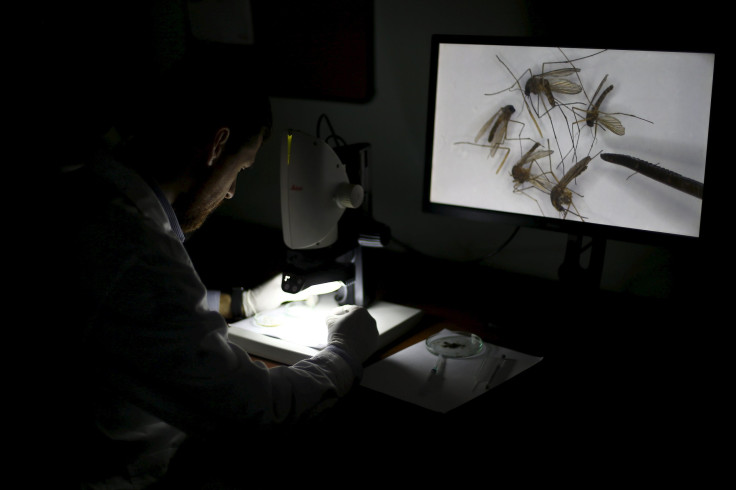Zika Outbreak: Study Finds Virus Could Attack Fetal Brain, Trigger Complication At Any Stage Of Pregnancy

The Zika Virus can attack tissues in developing fetal brains, regardless of when during pregnancy the infection occurs, a new study found. The World Health Organization (WHO) declared the Zika outbreak, which has spread in Latin America and in Caribbean nations, an international health emergency on Feb. 1.
The researchers said the study, published Friday in the journal Cell Stem Cell, identifies a probable mechanism for how the Zika virus can cause microcephaly, a condition that causes babies to be born with abnormally small heads. However, they warned that the study does not prove a direct link between Zika and microcephaly in newborns.
In a second study, U.S. and Brazilian researchers tracked 88 pregnant women at a clinic in Rio de Janeiro and found evidence of “grave” complications and birth defects linked to Zika infections. The study, which was reportedly published in the New England Journal of Medicine Friday, found complications that included fetal death, calcification of the brain, fetal growth restriction and central nervous system damage, including potential blindness.
"These were women infected in the first and second trimester of pregnancy," Dr. Karin Nielsen, lead author of the study, told Reuters. "We also saw problems in the last trimester, which was surprising to us," Nielsen reportedly said.
"We have found a strong link between Zika and adverse pregnancy outcomes, which haven't been documented before," Nielsen added. "Even if the fetus isn't affected, the virus appears to damage the placenta, which can lead to fetal death."
The investigation testing the link between Zika virus and microcephaly was first taken up last year after Brazilian doctors noticed an increase in newborns with significantly smaller heads. Since then, two U.S.-Brazilian studies have sought to confirm that the virus is responsible for the birth defect, and that it can also cause Guillain-Barré syndrome — a temporary paralysis — in adults.
The WHO reportedly said Friday it is working to find evidence of a link between the virus and microcephaly, as well as Guillain-Barré syndrome. Emergency Committee officials are reportedly set to meet Tuesday to review "evolving information" and measures that can be taken to control the transmission of the virus in the southern hemisphere.
The current outbreak of the virus started in Brazil in May 2014, following which an estimated 1.5 million people are believed to be infected in the country, while a total of 46 nations have reported some level of Zika infection so far. Google's charitable arm donated $1 million to Unicef Thursday to help stop the spread of the virus.
© Copyright IBTimes 2024. All rights reserved.











